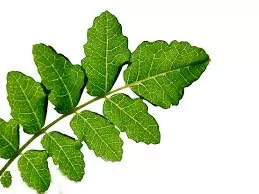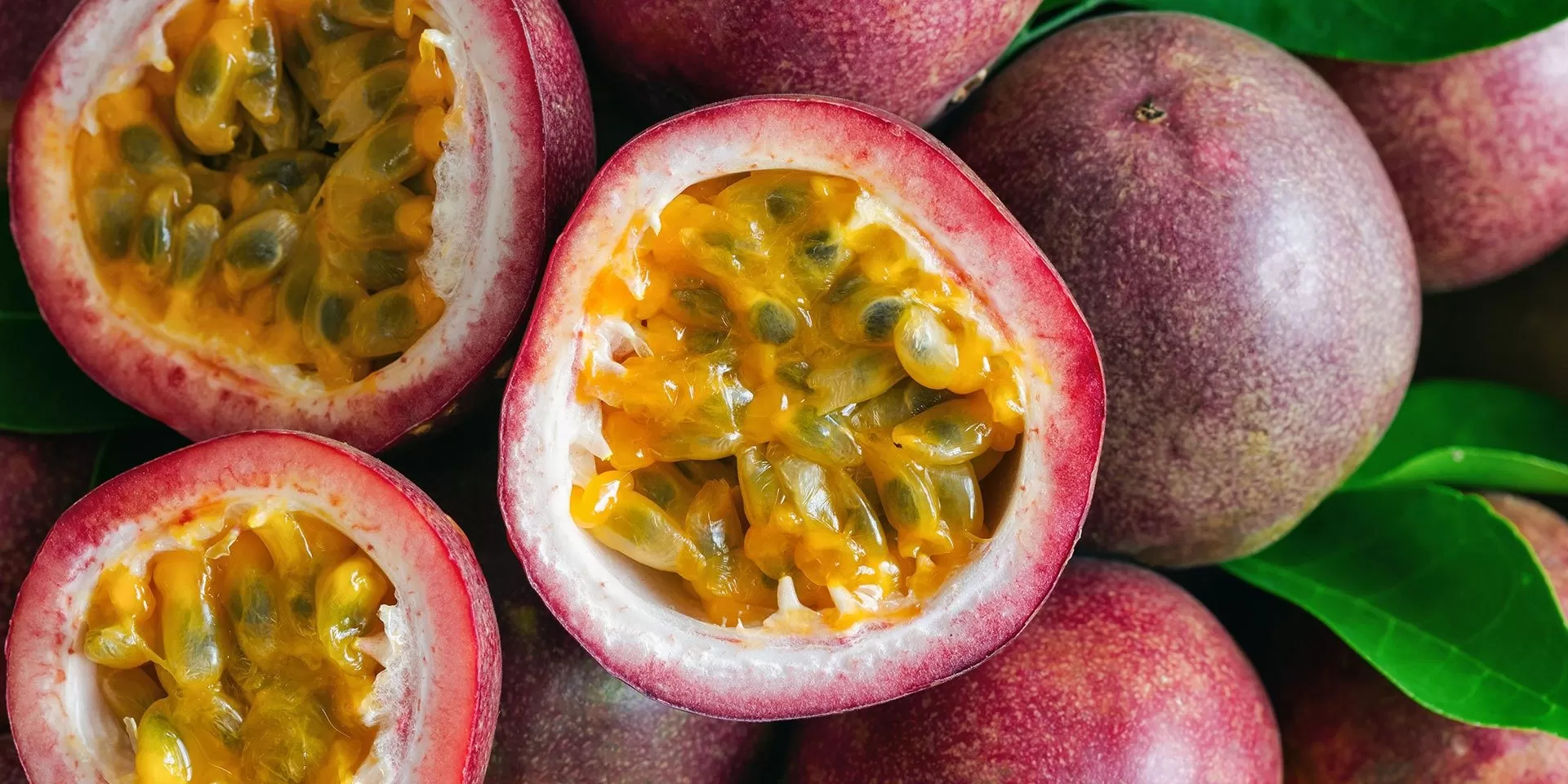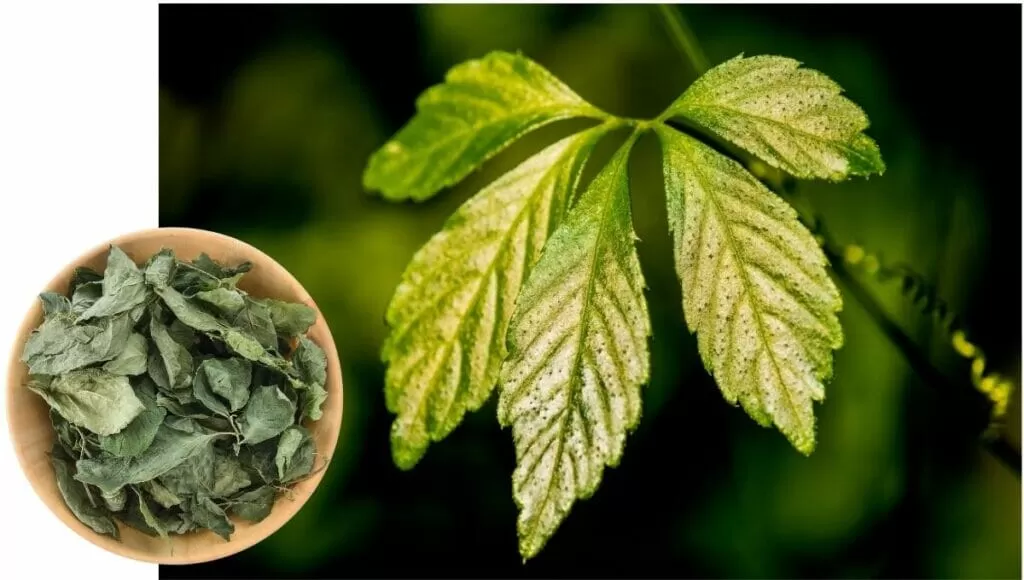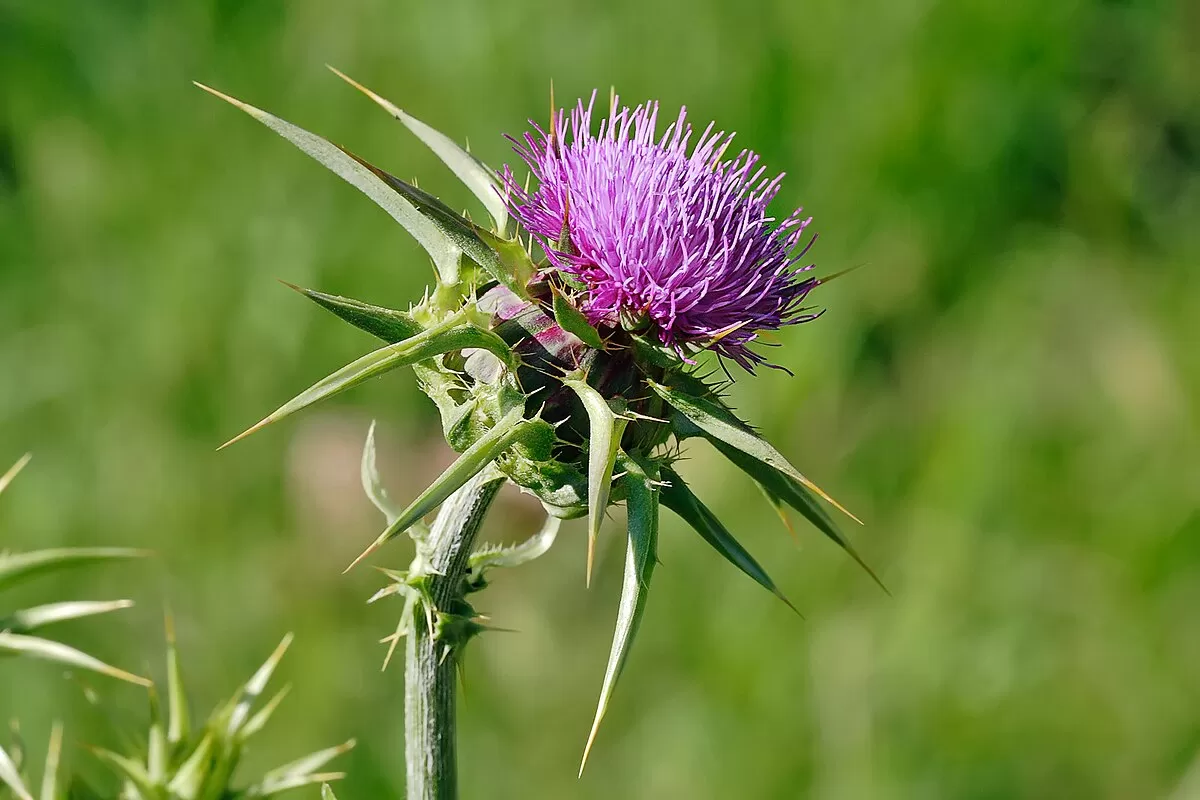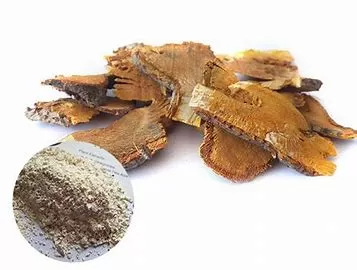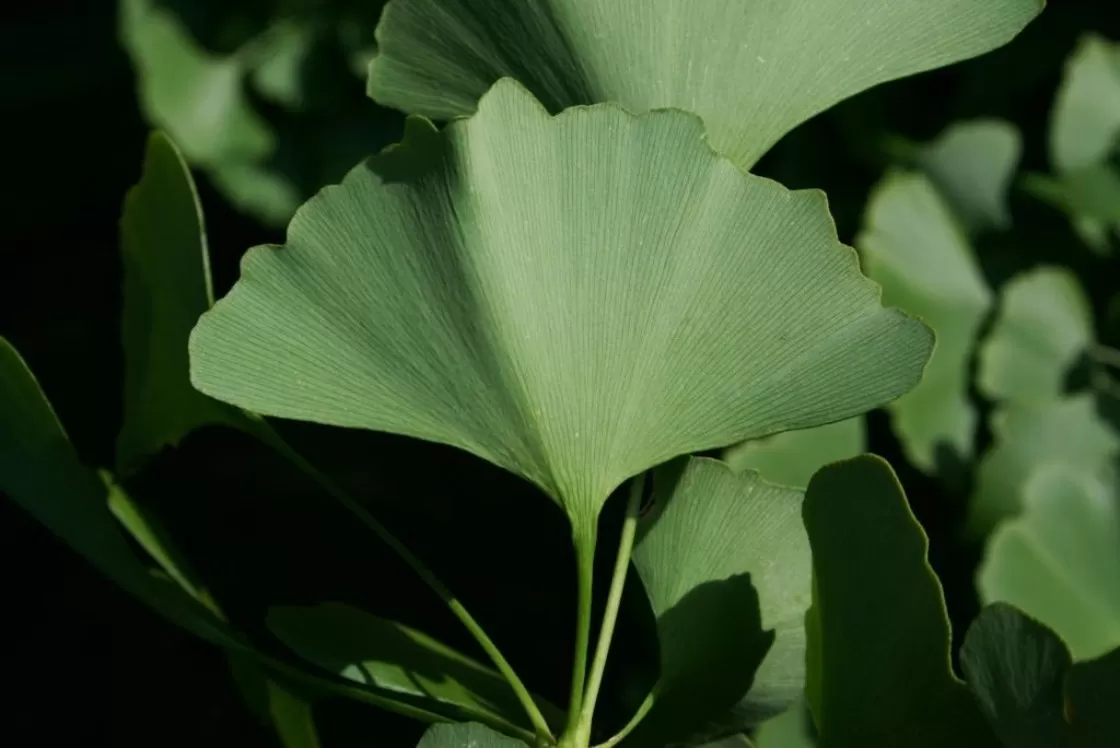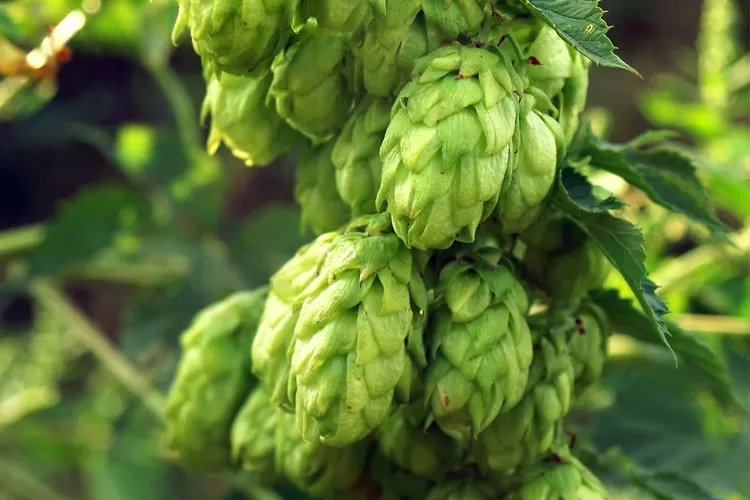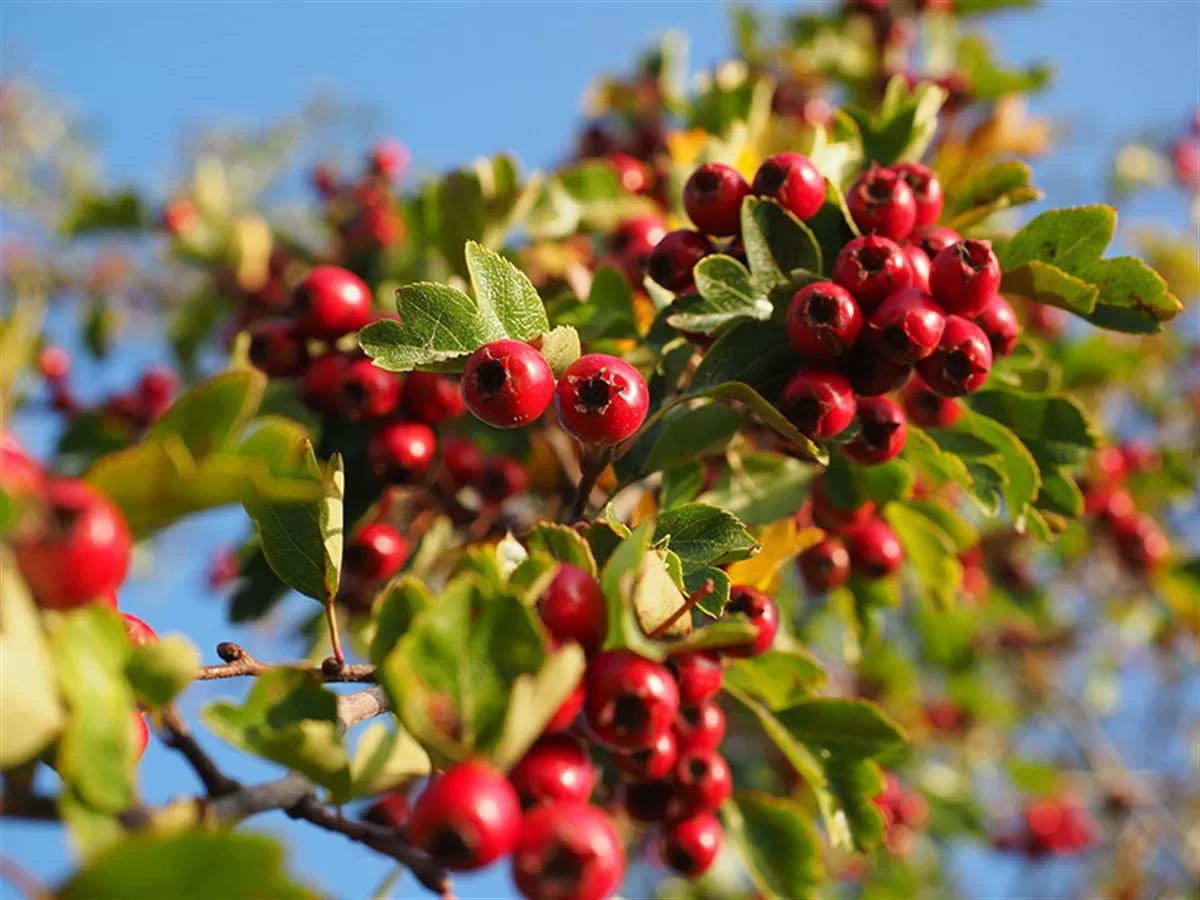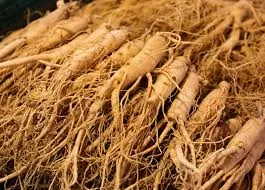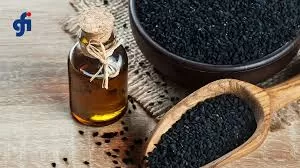- 0086-571-85302990
- sales@greenskybio.com
Medicinal Plants Offering Hope for Child Health in South Africa
2025-03-21
South Africa’s under-five mortality rate remains concerning when compared to other middle-income nations like Brazil, Cuba, India, Indonesia, and Egypt, all of which report significantly lower figures. Such statistics also fall short of the UN's Sustainable Development Goal to reduce these rates globally to 25 deaths per 1,000 by 2030.
Despite strides since 1994, when the rate was a staggering 60.4 per 1,000, inequalities in access to healthcare persist. The government’s Expanded Programme on Immunisation has contributed to progress. However, the public health sector remains underfunded, tasked with serving 71% of the population, leaving rural settlements particularly vulnerable.
Globally, especially in rural areas, many rely on medicinal plants for healthcare. Recognizing this, the World Health Organization convened the first international summit on traditional medicine in India in August 2023, highlighting the importance of such remedies.
As researchers vested in Indigenous knowledge, we investigated the utilization of medicinal plants for children’s health in South Africa's North West province, where 49.2% of the populace lives below the poverty threshold, lacking fundamental resources like housing, water, and sanitation—conditions integral to child health.
Our research produced the first comprehensive catalog of medicinal plants and Indigenous practices relevant to children's healthcare in the region. Notably, 61 plants from 34 botanical families were identified for managing seven categories of ailments, with skin and gastrointestinal diseases being the most prevalent.
**Local Wisdom Uncovered**
Traditional healers remain pivotal in addressing childhood illnesses across sub-Saharan Africa. Blessed with rich biodiversity, South Africa boasts thousands of plant species integral to traditional medicinal practices.
Our study engaged 101 participants, including traditional practitioners skilled in pediatric care, alongside herbal vendors. Women emerged predominantly as custodians of this Indigenous knowledge, constituting 78% of participants.
Participants varied in education levels, with most having completed secondary schooling, yet some lacked formal education entirely. Despite urban migration, a significant portion continued residing in villages.
During interviews, participants revealed 89% of the identified plants were previously unreported for treating childhood ailments. Among them, carpet plants (Geranium incanum), common yellow commelina (Commelina africana), and elephant’s root (Elephantorrhiza elephantina) stood out as favored remedies.
Carpet plant treated umbilical cord-related issues, muscle fits, measles, and more. Common yellow commelina addressed skin conditions, while elephant’s root targeted gastrointestinal and skin disorders. Roots and rhizomes were frequently employed for their therapeutic properties.
Preparation generally involved boiling or liquid softening, with remedies administered orally or topically.
Echoing practices in regions like KwaZulu-Natal and Eastern Cape, these findings affirm shared Indigenous techniques across provinces.
The Path Forward
There is growing governmental support to integrate traditional medicine within primary healthcare frameworks, as seen in places like Cameroon and locally.
We propose:
1. Institutional and financial backing to define herbal medicine’s role in primary healthcare. Collaborating with traditional healers, it's crucial to document these practices and establish laboratories for efficacy testing and dosage determination.
2. Creating botanical gardens to preserve plant species and ensure their continuity in healthcare provision. With ecosystems under duress in North West province, safeguarding plant sustainability is imperative to prevent possible extinction from unchecked harvesting.
These steps are essential to preserving indigenous wisdom while augmenting healthcare access, ensuring medicinal plants remain a viable resource for South Africa’s children.
-
Passion Fruit: Health Benefits and Enjoy
2025-03-21
-
Hops: All You Need to Know
2025-03-21
-
Hawthorn: What You Need to Know
2025-03-21





